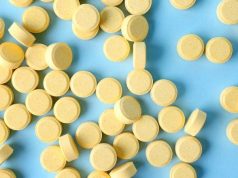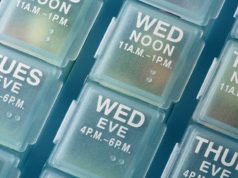Findings seen in large study of commercially insured outpatients examining seven biologics, before and after biosimilar availability
By Lori Solomon HealthDay Reporter
TUESDAY, April 2, 2024 (HealthDay News) — Biosimilar competition is not consistently associated with lower out-of-pocket (OOP) costs for commercially insured outpatients, according to a study published online March 29 in JAMA Health Forum.
Kimberly Feng, M.D., from Brigham and Womenâs Hospital in Boston, and colleagues investigated whether biosimilar competition is associated with lower OOP spending for patients using biologics. The analysis included national claims data (Optum Clinformatics Data Mart) for 190,364 individuals (younger than 65 years of age) with outpatient claims for one of seven clinician-administered biologics (filgrastim, infliximab, pegfilgrastim, epoetin alfa, bevacizumab, rituximab, and trastuzumab) from January 2009 through March 2022.
The researchers found that annual OOP costs increased before and after biosimilar availability. Compared with the year before biosimilar competition, two years after the start of biosimilar competition, the adjusted odds ratio of nonzero annual OOP spending was 1.08 and average nonzero annual spending was 12 percent higher. Claims for biosimilars were more likely than reference biologics to have nonzero OOP costs (adjusted odds ratio, 1.13) but had lower mean nonzero OOP costs (adjusted mean ratio, 0.92). There was variance by drug.
“Findings of this study suggest that the introduction of biosimilar competition did not systematically lower patient OOP spending on biologics, highlighting the need for targeted policy interventions to ensure that savings from biosimilar competition improves affordability for patients,” the authors write.
Copyright © 2024 HealthDay. All rights reserved.








